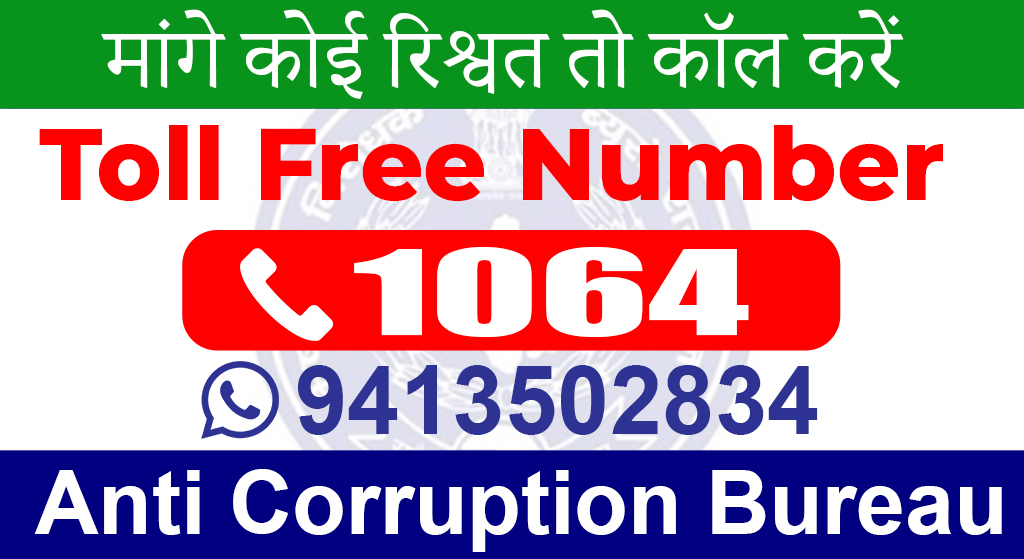राजस्थान धार्मिक भवन व स्थल अधिनियम- 1954
Rajasthan Religious Buildings and Places Act, 1954
(Act No. 18 of 1954)
RJ121
(Received the assent of the President on the 15th day of August, 1954)
An Act to regulate the construction of public religious buildings and to restrict the use of public places for religious purposes.
Whereas with a view to avoiding a breach of the public peace and tranquility likely to arise from disputes between different sections of the people of [State of Rajasthan], it is expedient to regulate the construction of public religious buildings and restrict the use of public places for religious purposes. It is hereby enacted as follows-
1. Short title, extent and commencement - (1) This Act may be called the Rajasthan Religious Buildings and Places Act, 1954.
[(2) It extends to the whole of the State of Rajasthan.]
(3) It shall come into force on the date of its first publication in the [Official Gazette].
[2. .........]
[3. .........]
4. Definition - In this Act, unless the context otherwise requires-
- 'Board' means the Board of Revenue for Rajasthan established and constituted under the Taw for the time being in force];
- 'building' means a house, shop, hut, shed or other structure or enclosure, whether roofed or not, of whatsoever material constructed and includes every part thereof, all walls, varandahs, platforms plinths, door steps and the like and a tent or other portable and merely temporary shelter;
- ..........]
- 'place' means any open space which is not a building;
- 'public' used with reference to a building or place signifies that such building or place, whether or not acquired, constructed and maintained by or at the expense of some specified person or body of persons is not the private and personal property of such person or body and is open to the use and enjoyment of the public in general or of a particular class or section thereof for the purpose, if any, for which if may have been set apart;
- 'religious' when used with reference to a building or place, signifies
(a) that such building is used or intended to be used for the purpose of religious worship or instruction, or offering prayers (which include Bhajan, Kirtan, Stuti or Namaz) or performance of any religious rites by persons of or belonging to any religion, creed, sect or class, such as temple, mosque, church, chhatri, dargah, khangah, mutt, takiya or the like, or
(b) that such place is likewise used or intended to be used.
5. Restrictions on use of public places for religious purposes - (1) No person shall use any public place-
(a) as a permanent religious place, or
(b) save with the previous written permission of the Collector obtained in the prescribed manner, as a temporary religious place.
(2) Nothing in this section shall apply to cremation grounds and burial places or to the holding of functions or the taking out of processions, in connection with deaths or marriages or to other purely social and secular functions or to religious processions.
6. Constructions etc. of public religious buildings - (1) No person shall, without first obtaining the written permission of the Collector-
(a) construct any public religious building; or
(b) convert any private or public building or place into a public religious building.
Explanation. - The temporary use of a building or place for religious purposes on occasions such as Holi, Moharram and the like shall not be deemed to be the conversion thereof into a public religious building.
(2) A person desirous of obtaining permission for any of the purposes mentioned in sub-section (1) shall first obtain permission from any local authority or officer having jurisdiction over the area where the building or place in question lies and thereafter such person shall apply to the Collector for the requisite permission in the prescribed manner.
7. Procedure of Collector - (1) When an application under Sec. 5 of Sec. 6 is prescribed to the Collector in the prescribed manner, he may, after making such inquiry as he may think necessary, either disallow the application or grant the requisite permission unconditionally or with such conditions as to security or otherwise as he may consider reasonable in the circumstances of each case.
(2) The order of the Collector passed under sub-section (1) shall be communicated in writing to the applicant and if the latter does not receive such communication within four weeks in the case of an application under Section 5 or within three months in case of an application under Section 6, calculated from the date on which such application was received in the office of the Collector, the applicant shall be deemed to have obtained the permission required by Section 5 or Section 6 as the case may be.
8. Appeals - (1) An appeal shall lie, and may be brought in the prescribed mode to the [revenue appellate authority] under sub-section (1) may within 90 days from the date of such decision, appeal to the Revenue Board and the decision of the Board in an appeal under this section shall be final.
9. Jurisdiction of courts barred - An order made under this Act by a Collector or on an appeal by a [revenue appellate authority] or Revenue Board shall not be liable to be called in question in any civil court.
10. Duration of permission - (1) A permission obtained under Section 5 shall expire three months after the date of the order granting the same or the day next after the date on which the act thereby permitted was to be performed, whichever may be earlier.
(2) A permission obtained under Section 6 shall endure for a period of one year within which the act permitted to be done should be commenced.
11. Offences and punishments - Whoever contravenes, or attempts to contravene, or abets the contravention of, any of the provisions of this Act or the rules made thereunder or any conditions subject to which a permission thereunder may have been granted shall on conviction be punishable with imprisonment of either description for a term Which may extend to three months or with fine which may extend to five hundred rupees or with both.
[11A. Power of Collector to direct removal of unauthorised work. - (1) Notwithstanding anything contained in but with prejudice to the provisions of section 12, the Sub-Divisional Officer, on his own motion or on a complaint or otherwise on receiving information that any work has been construed in contravention of the provisions of this Act or of any permission granted thereunder within his jurisdiction, shall proceed to enquire into the truth of the matter and if after enquiry comes to the conclusion that the work has been so constructed, he shall make a report to the effect to the Collector.
(2) Whether the Collector, on the receipt of the report under sub-section (1) of suo moto has reasons to believe that a work has been constructed in contravention of this Act or of any permission granted thereunder, he shall cause to be notified in the locality by beat of drum and by affixing a show cause notice on the conspicuous part of the work so constructed and on the notice board of his office and also cause notice to be served on the person or persons (if ascertainable) responsible for the construction of the work calling for objections,. if any, within a period of fifteen days as to why such work should not be removed and may, if necessary, stay further construction till he gives his findings on the matter.
(3) The Collector shall than hear and decide the objections, if any, and record the finding on the matter.
(4) If the Collector arrives at the finding that the work was constructed in contravention of the provisions of this Act or of any permission granted thereunder, he shall direct the removal of the work so as to restore the building or place in question, as nearly as may be, to its original condition.
(5) Subject to the result of any appeal that may be filed, where any work is not removed in compliance with the direction within a period of one month from the date of such direction of the Collector, or of the decision of appeal, if any, the Collector shall cause such compliance to be made through a police officer not below the rank of Sub-Inspector the cost of the defaulter in the prescribed manner.
(6) The provisions of section 8 shall mutatis mutandis apply to an order made by the Collector under sub-section (4) in the same mariner as they apply to an order made under section 7.]
12. Removal of unauthorised work - (1) The Court making an order of conviction for any offence under Section 11 shall direct that any work which shall have been constructed in contravention of the provisions of this Act or of any permission granted thereunder shall be removed so as to restore the building or place in question to its original condition.
(2) In case of non-compliance with a direction made under sub-section (1) the Court shall cause such compliance to be made through a Police officer not below the rank of sub-Inspector at the cost of the defaulter in the prescribed manner.
13. Cognizance of offences - An offence under this Act shall be triable by a sub-Divisional Magistrate or a magistrate of First Class on the complaint of a Police Officer not below the rank of a sub-Inspector made under the orders of a Collector.
14. Power to make rules - The [State Government] may, by notification in the [Official Gazette], make such rules, consistent with this Act, as may appear to it reasonable regulating all matters that are requiring by this Act to be prescribed and generally for the purpose of carrying into effect the provisions of this Act.
|



.jpg)
